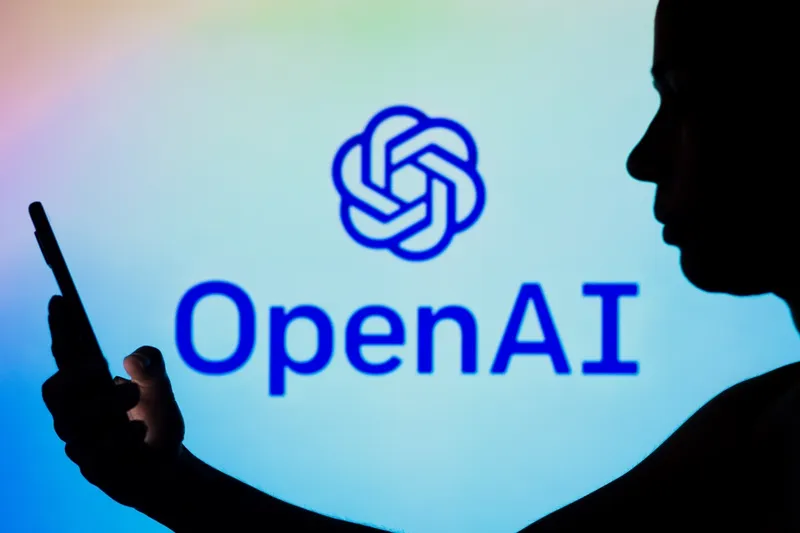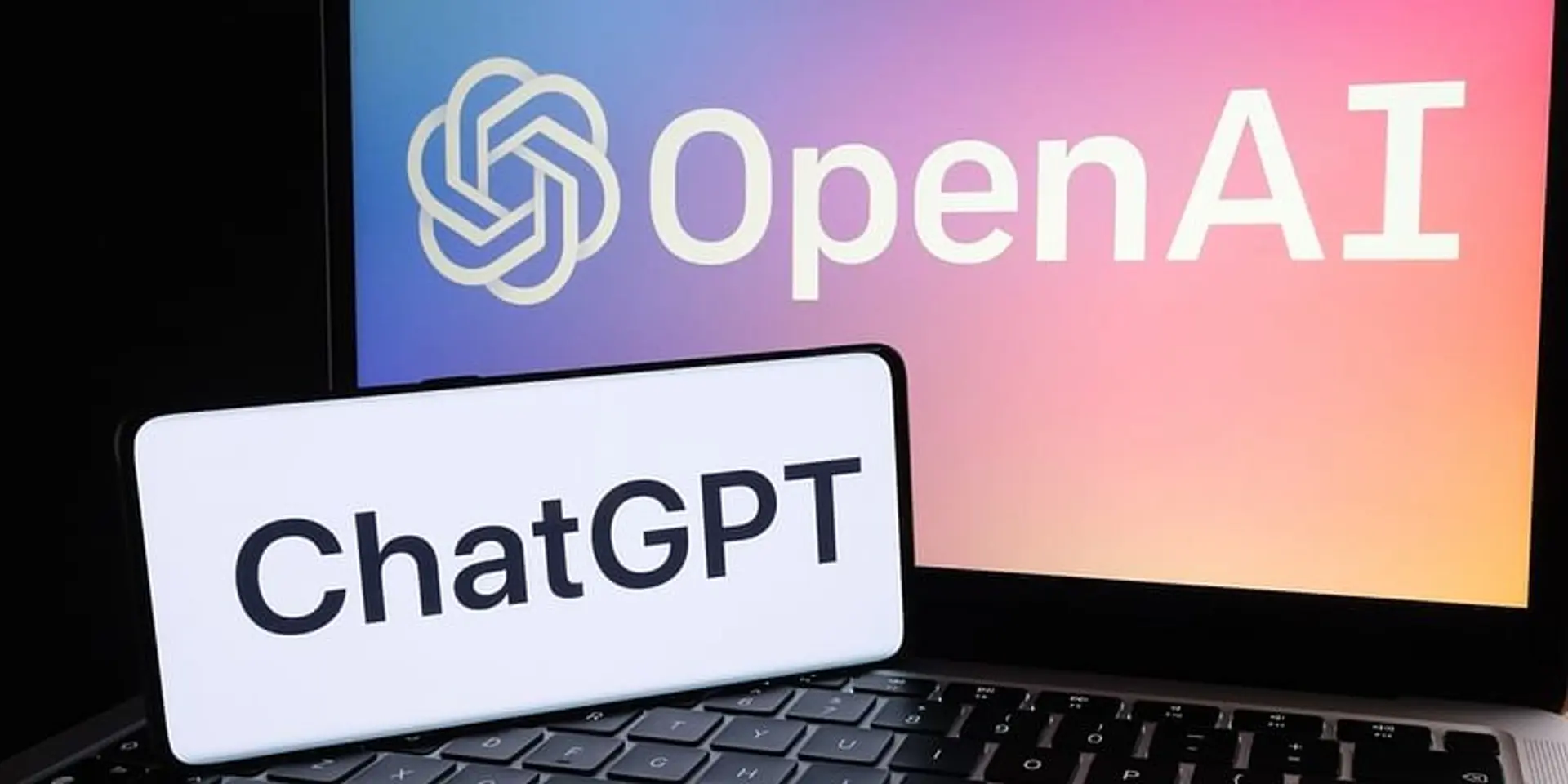Storytelling and ChatGPT: The relay race we need
For writers and communicators, should ChatGPT be considered a potential rival or simply a tool to enhance and augment our work? Let's take a look.
Since its launch, 's ChatGPT has elicited substantial excitement and attention across industries. Its impressive performances on exams at well-respected institutions like the Wharton Business School and the University of Minnesota Law School, as well as its ability to assist authors in writing a novella in record time, has caused everyone to sit up and take notice.
At the same time, while the world is still coming to terms with the full extent of its capabilities, the creators of ChatGPT caution against relying on it for important tasks, stating that there is still much work to be done to ensure its robustness and accuracy.
The question then arises: How much responsibility should be placed on an AI tool like ChatGPT? Especially for writers and communicators, should it be considered a potential rival or simply a tool to enhance and augment our work?
AI for brands
Given the age of information we live in, communication regarding products and services is no longer only about their utility, the consumer already has that information, and then some. Our choices of engagement rely on whether the brand/product /business can communicate to the consumer the values it aspires to, and convince the consumer of its commitment to these values.
The best way to do that is to bring the consumer in through a context to which they can relate. Through a story in which they see their life reflected along with their values and aspirations. The ability to authentically inject a little bit of personal context into each other's lives through the stories we tell is something AI can’t compete with, and for that reason it will never make the human narrator obsolete.

Image: Shutterstock
Take for example, Sunspring, a movie completely written by AI that debuted at the London Film Festival in 2016. It is a prototype example of how storytelling is done by AI. The movie attracted many fans, but one viewer described it as “amusing but strange."
The movie projected a creator who can create things; things of great quality, but they are themselves not a part of the story. A storyteller resonating with the story they are delivering is critical to be able to make a lasting impact on your audience.
The future of communication
Technology is the future of a world that is constantly in flux, and I believe that communication will change more rapidly than anything else.
The reason why ChatGPT is so relevant is that, compared to a decade ago, the touch points of communication have multiplied 10x. Say, if you were a copywriter some 10 years ago, you would have had to write a print copy or a byline. But now you have to work as a communicator across a range of platforms like LinkedIn, Instagram, Tik Tok, or Snapchat.
The avenues of distribution have become so widespread that it's in our best interest to adopt scaled technology to match the plan.
Dictum of storytelling
Writing for any purpose isn't bereft of busy work. Many aspects of storytelling are formulaic and repetitive--outlines, organising the plot, and revisions. This is particularly true for corporate communication, what with straplines and announcements. Sure AI may have the upper hand in these areas, it just doesn't take as much time to perform these tasks! But that's not what storytellers get paid for, in fact wouldn't it make our lives easier?
The lesson to learn here is that there won't be anymore room for average. Tools like ChatGPT have already set the lowest passable standard for quality and speed. The ability to quickly produce the first draft of a press release is not something one would be able to sell as a differentiating skill. The advent of AI tools is as fundamental a change in the world of content creation, writing, and literature, as for example, the printing press was in the 17th century.
We need to harness the whip hand of AI over humans in a way that it delivers a first draft, and then humans add the final touch to it to make it more humane and relatable.
The speed and metrics of AI, combined with the authenticity of humans, are certain to produce methodical and data-driven strategic output with the best possible tangible impact for brands. In order to maintain a competitive edge, we must transcend the notion that we need to fight ChatGPT and instead see it as an agent that helps us make more nuanced decisions.
Edited by Megha Reddy



